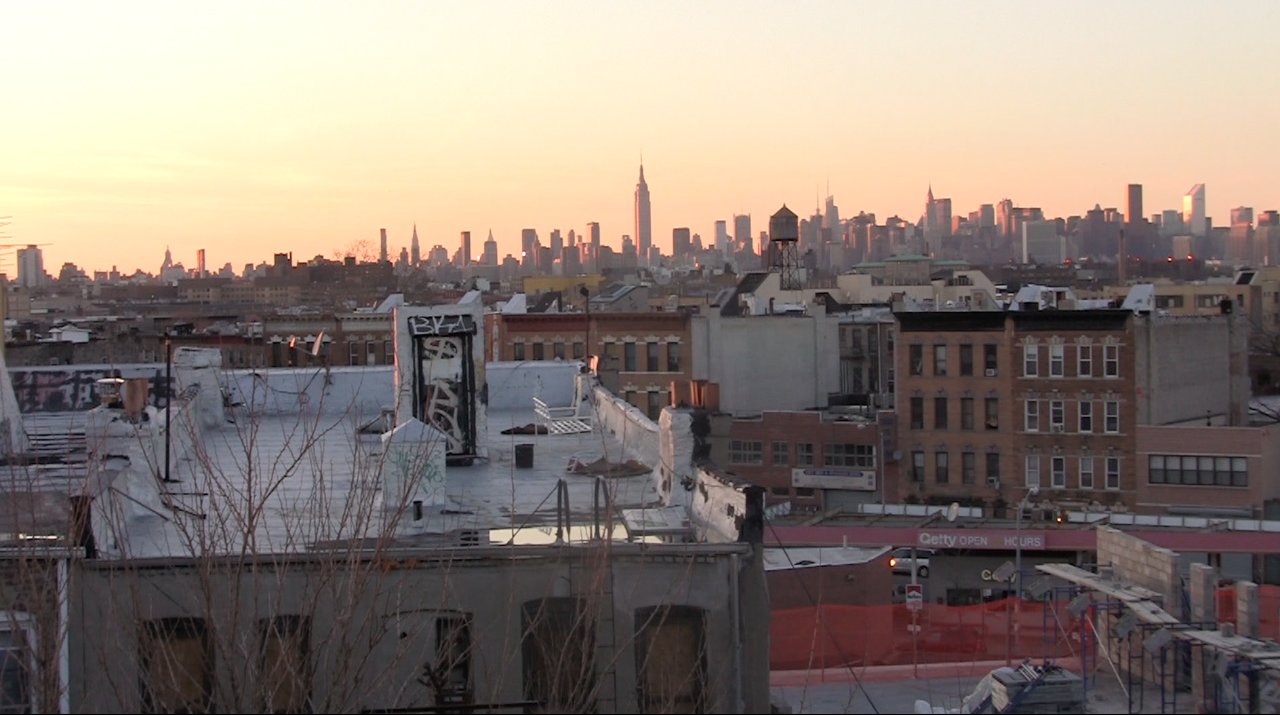VIDEO: The ingredients of the New York accent
How immigration shaped the famous accent
Nick Stockton and Naveena Sadasivam • May 16, 2013

New York's cultural diversity has contributed to its accent
New York has more vowels than anywhere else in the U.S. Take, for example, the word coffee – the go-to example for linguists who want to demonstrate this fact. “Kwafee,” says Michael Newman, a linguist at CUNY Queens College. “We have more vowels in New York than anywhere in the U.S,” he adds proudly.
Newman and other linguists who study the New York accent place it in a continuum that runs from Boston to Baltimore. These accents all share the same features: dropped R’s, extended or added vowels, and a thing called fortition – which is what makes the t’s in a word like butter sound like buddah.
The part of that continuum that’s distinctly New York is draining out of Manhattan, but still saturates the boroughs. It also takes a shallow dip into New Jersey, creeps about halfway out onto Long Island, and goes about as far up the Hudson as as the tide. “The New York dialect region coincides exactly with the area the British occupied during the Revolutionary war,” says Michael, “Coincidence? I dunno, but it’s interesting.”
There’s no way to classify different parts of the New York accent. “There’s questions about where features came from, but nothing really definite,” says John Singler, a sociolinguist from NYU. But he and most linguists assume that most of the base features come from southern Britain. From there, it’s anyone’s guess. Within the accent, there are subcategories based on socioeconomic status and ethnicity. For example, working class speakers tend to drop their r’s more frequently, and fortition is more common among African American speakers.
Age plays a part, too, as certain features fade away. For example, you may hear an older New Yorker throw an r in the middle of certain words before a consonant. Saying “turlet” instead of “toilet” is the famous example, as demonstrated frequently by “All in the Family’s” Archie Bunker.
And the accent is still changing, though the linguists deny that it’s going away. Singler believes that “some of the things that people think are knock you over New York may not be the same ones, but it’s still distinctive. There’s still a New York identity that’s manifested through language.”
1 Comment
dad